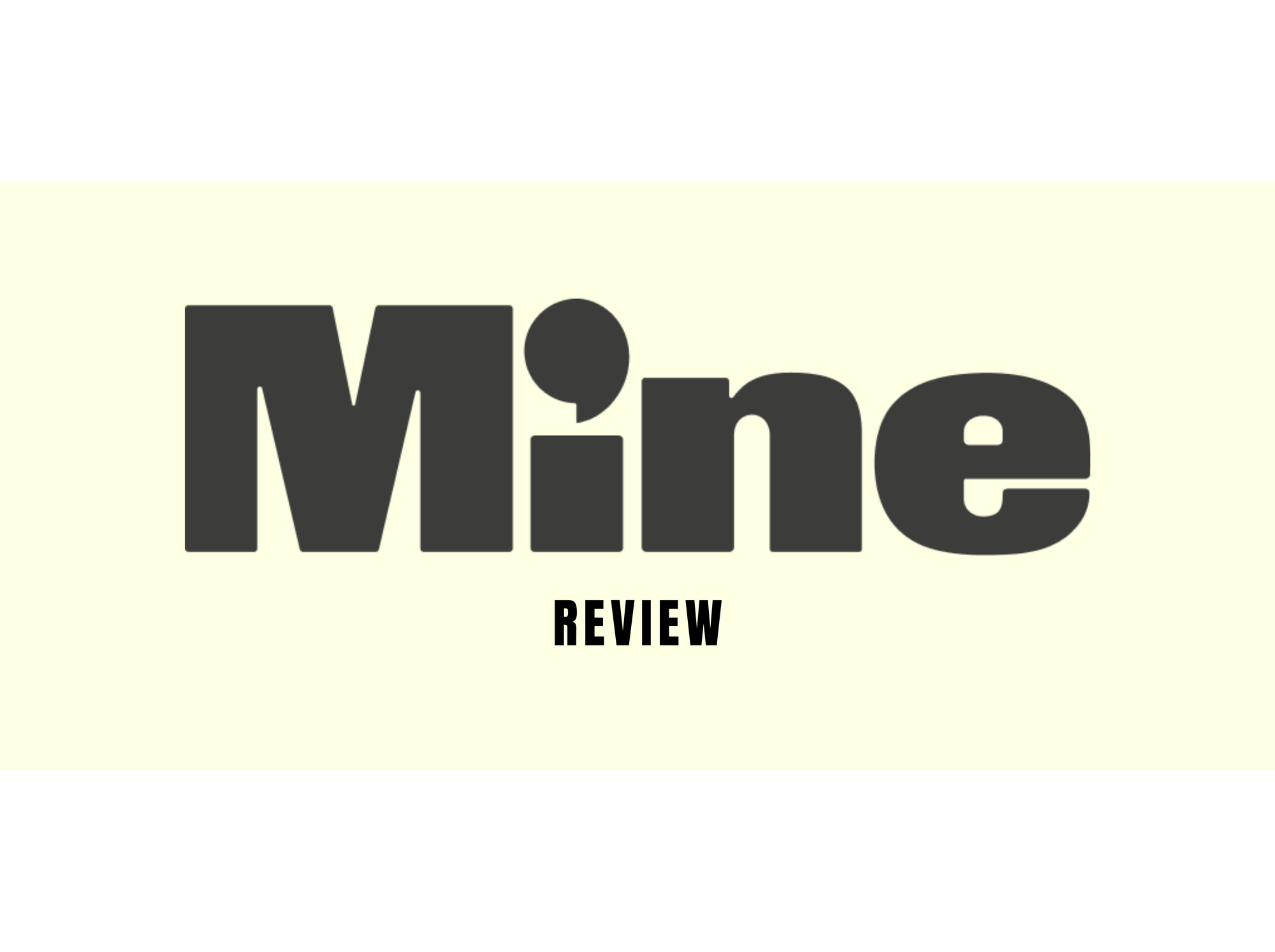What Should You Not Use a Loan to Purchase? 10 Terrible Ideas
What Should You Not Use a Loan to Purchase? Here are 10 things that could wreck your finances if you borrow money to buy them.

Taking out a loan can be a smart move when it's used the right way. But if you're not careful, it can turn into an expensive mistake that will haunt your finances for years. For example, if you are unable to meet the loan payment obligations, you could be forced into a financial hardship position where you will eventually need debt relief, such as bankruptcy, credit counseling or debt settlement.
So, what should you not use a loan to purchase? Let’s break down 10 of the worst things to finance with borrowed money.
1. Investing in the Stock Market or Crypto
Using borrowed money to invest in stocks or crypto is bold, and also incredibly risky.
- Why it’s a terrible idea: The market is unpredictable. If your investment drops in value, you still owe the full loan amount plus interest.
- Real talk: You’re not just gambling with your money, you’re gambling with money you don’t even have.
- Better approach: Invest only with money you have and that you can afford to lose. Build a solid emergency fund first, then start with small, low-risk investments.
2. College or Student Expenses
Higher education is important, but taking out a personal loan for tuition, books, or living expenses isn't the best route.
- Why it’s a bad idea: Student loans usually have lower interest rates and better repayment options. Personal loans don’t offer the same protections or benefits.
- Worse yet: Many students graduate without a clear career path, and with a mountain of high-interest debt they can't defer.
- Smarter option: Apply for federal student aid (FAFSA), scholarships, grants, or consider community college to reduce costs.
3. Starting a Business
Starting your own business is exciting, but it’s not a good idea to finance it with personal loans or credit cards.
- Why it’s risky: Most startups fail within the first few years. If the business doesn’t succeed, you’re still on the hook for that personal debt.
- What’s worse: You risk damaging your credit and your savings at the same time.
- Better move: Start small, validate your business idea with minimal investment, and explore business-specific loans, crowdfunding, or grants.
4. House Down Payment
Yes, owning a home is a financial goal for many, but using a personal loan for the down payment? Not a smart strategy.
- Why it’s a mistake: Most lenders won’t approve your mortgage if the down payment is borrowed, and even if they do, it increases your overall debt burden.
- Why it backfires: You’re adding debt on top of debt, right before taking on a 15- or 30-year mortgage.
- Smarter route: Take time to save for a down payment through budgeting and cutting unnecessary expenses. Look into down payment assistance programs if you're a first-time homebuyer.
5. A Wedding
Weddings are beautiful and memorable, but financing them with a loan can create long-term regret.
- Why it’s not worth it: You’ll be paying for your wedding years after the cake is gone and the photos are buried in your phone gallery.
- Real cost: A $25,000 wedding paid for with a 12% interest loan could cost you $30,000+ over time.
- Smarter approach: Set a budget that doesn’t require debt. Focus on what really matters: celebrating your love, not impressing guests.
💸 Fast & Easy Personal Loans! 💸
Need extra cash for life’s big moments? With Evergreen Personal Loans, enjoy quick approvals, competitive rates, and no hassle. It’s the smarter way to fund your goals today!
No hidden fees. Flexible terms. Get the funds you need, when you need them.
6. Vacations
A tropical getaway or European tour sounds amazing, but if you're borrowing money to fund it, press pause.
- Why it’s a poor decision: Vacations are short-term experiences, but loans have long-term consequences.
- Debt hangover: Imagine paying off your beach trip a year later while you’re back at work, stressed about your next payment.
- Better idea: Set up a travel fund and plan trips you can afford without going into debt.
7. Medical Expenses
This one’s tricky, because nobody chooses to get sick or hurt. But using a high-interest loan to pay medical bills can put you in a worse spot.
- Why it’s risky: Medical debt grows fast, especially when financed through personal loans or credit cards.
- What to do instead: Talk to the hospital or provider about payment plans. Many offer zero-interest arrangements. Also, explore medical bill advocates or nonprofit assistance programs.
- Pro tip: If you’re uninsured, negotiate the cost upfront. Most providers will lower your bill if you pay in cash or agree to a plan.
8. Gambling or Lottery Tickets
This should go without saying, but it’s more common than you’d think. Borrowing money to gamble is a fast track to financial disaster.
- Why it’s a terrible idea: The odds are stacked against you. Even if you win once, you’ll likely lose more over time.
- What happens: You end up with nothing to show for the loan but stress, guilt, and more debt.
- Smarter alternative: Seek help if gambling is becoming a habit. There are free support groups and resources that can help.
9. Everyday Expenses
Groceries. Gas. Utility bills. These are all essential, but they should never be covered with a loan unless it’s a true emergency.
- Why it’s a warning sign: If you need a loan to get through the month, it may signal that your financial habits or income situation need urgent attention.
- Cycle of debt: Using loans to pay bills can quickly snowball, leaving you trapped in a cycle that’s hard to escape.
- What to do instead: Rework your budget, increase income with side hustles, or speak to a financial advisor or credit counselor. There are also community programs designed to help with basic needs.
10. Luxury Items or Impulse Buys
We all want nice things. But borrowing money for designer clothes, gadgets, or random shopping sprees is a slippery slope.
- Why it’s a mistake: These purchases lose value fast, or aren’t truly needed. Meanwhile, the interest builds up.
- The trap: What feels like a “treat yourself” moment can become months of regret.
- Smarter strategy: Use the 30-day rule. Wait a month before making large purchases. Chances are, you won’t want it anymore.
Final Thoughts: What Should You Not Use a Loan to Purchase?
So, what should you not use a loan to purchase? Anything that doesn’t give you a long-term benefit or return on investment. Borrowing for instant gratification is a quick way to end up in long-term financial trouble.
Before taking out a loan, always ask: Is this worth paying extra for, month after month? If the answer is no, don’t borrow. Save, budget, or wait instead.
Earn Extra Cash Today
Looking for easy ways to earn extra money? Check out these top platforms where you can make real cash fast!
FAQs
1. Can I use a personal loan for anything?
Technically, yes. But just because you can, doesn’t mean you should. Use loans for emergencies, consolidating high-interest debt, or investments in your future (like education or career development), not short-term wants.
2. What’s the worst thing to finance with a personal loan?
Gambling, vacations, and luxury items top the list because they offer no lasting return, yet leave you with long-term debt. If it doesn’t grow your wealth or improve your life long-term, think twice.
3. What are better alternatives to personal loans?
Depending on your specific situation, there are plenty of alternatives, including: Building an emergency fund, grants, scholarships, financial aid, specific payment plans, or low-interest credit cards (only if you can repay quickly).
4. What are the most common mistakes people make when using a personal loan?
Some common mistakes include borrowing more than needed, not comparing interest rates, using loans for non-essential purchases (like vacations or weddings), and skipping the fine print. These missteps can lead to unnecessary debt and long-term financial stress.
5. When are loans a good option to use?
Loans are a smart option when used for essential, high-value needs, like consolidating high-interest debt, covering emergency medical expenses (if you have no other options), or funding a necessary home repair. The key is ensuring the loan helps improve your financial situation, not hurt it.
💡 More Smart Money Reads 💡
Looking to stretch your dollars further in 2025? From affordable gym memberships to smarter grocery shopping and understanding rising food costs, these reader favorites can help you stay financially strong and informed.


